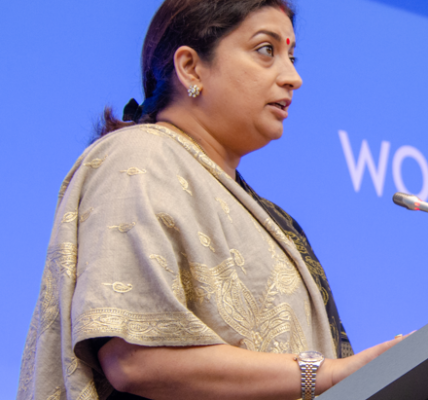Electoral Bond Supreme Court Verdict and Orders Explained
What did the Supreme Court Order?
The Supreme Court has issued several significant orders regarding electoral bonds:
- Stop Issuing Electoral Bonds: The State Bank of India (SBI) has been directed to halt the issuance of electoral bonds.
- Disclosure of Purchasers’ Details: SBI must reveal the details of all electoral bonds purchased since April 2019, including the names of the purchasers.
- Disclosure of Encashed Bonds: Details of each electoral bond encashed by political parties must be disclosed by SBI within three weeks (by March 6).
- Information Publication: The Election Commission is tasked with publishing this information on its website.
- Refund Policy: Electoral bonds that remain unencashed within their 15-day validity period must be refunded by political parties to purchasers.
What did the Verdict Highlight?
In its verdict, the Supreme Court emphasized several key points:
- Violation of Freedom of Speech: The Chief Justice of India (CJI) stated that the electoral bond scheme violates the freedom of speech and expression guaranteed under Article 19(1)(a) of the Constitution.
- Concerns about Financial Contributions: The CJI expressed concerns about financial contributions to political parties, suggesting that they could be made either to support a political party or as a form of quid pro quo.
- Limiting Corporate Contributions: The verdict underlined the need to restrict corporate contributions to political parties, stating that unlimited contributions from companies could unduly influence the political process.
- Corporate Influence: It was highlighted that companies hold significant influence in the political arena due to the substantial amount of money they contribute and the potential motives behind these contributions.

Understanding Electoral Bonds
Electoral bonds were introduced in 2017 as a means for individuals and companies to donate money to political parties anonymously and without limits. Under this scheme, contributors purchased bonds from the State Bank of India (SBI), which would then release the funds to the respective political parties.
What was the Concern?
The anonymity of donations through electoral bonds raised concerns. Citizens and voters were left unaware of who was contributing to political parties, potentially indebting the parties to certain entities upon gaining power. This raised questions about the motives behind government decisions and the possibility of quid pro quo arrangements.
Largest Contributors (2016-2022)
According to data, the Bharatiya Janata Party (BJP) received the largest contributions, totaling Rs 5,272 crore, which accounted for 57% of the total. The Congress party received Rs 952 crore, while all other parties combined received Rs 2,964 crore during the same period.
This verdict brings significant changes to the electoral bond system, aiming to enhance transparency and accountability in political funding.
Read More about it – https://en.wikipedia.org/wiki/Electoral_Bond
Also Check – https://gheuntaknews.online/palghar-shark-attack/





